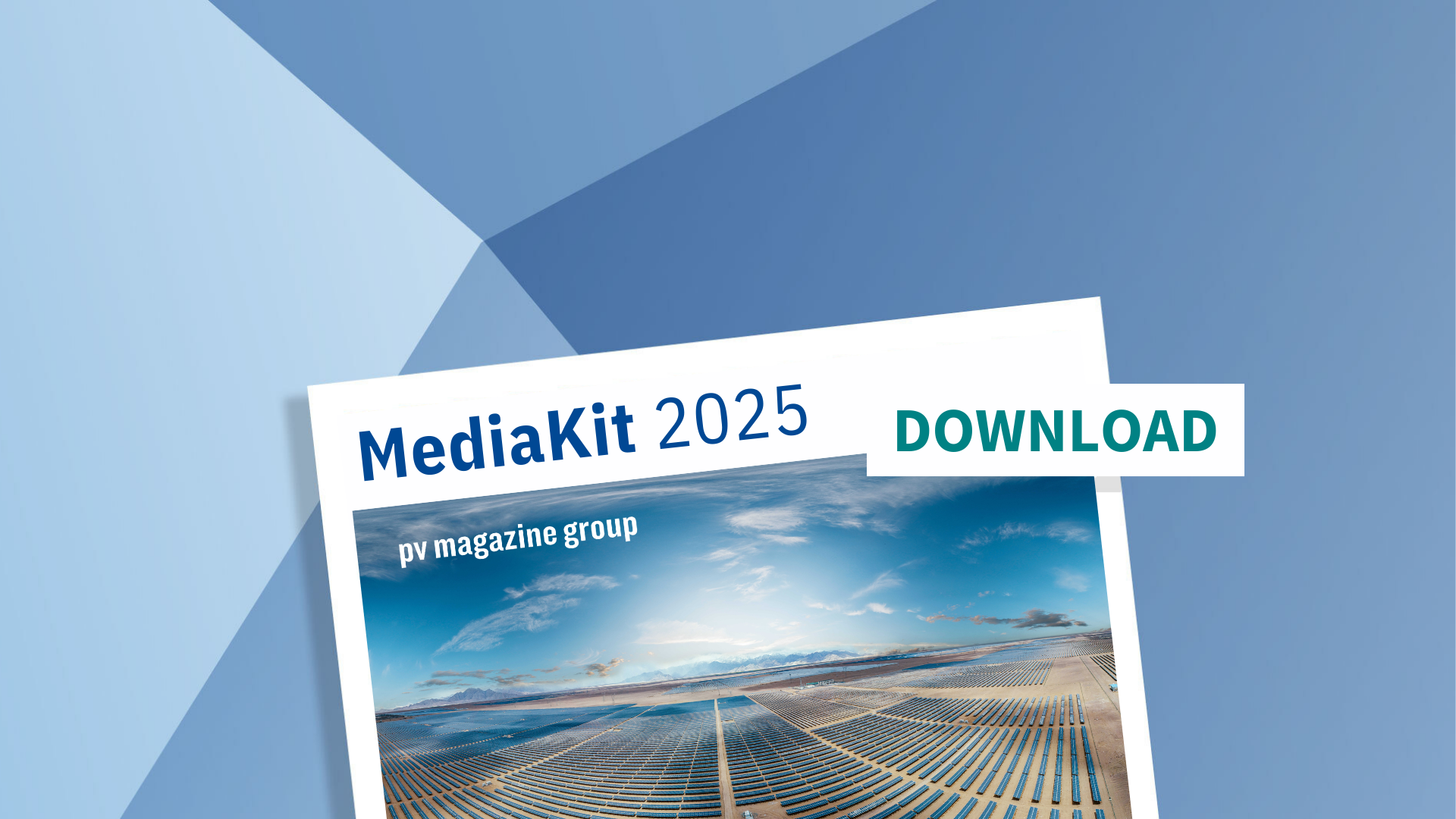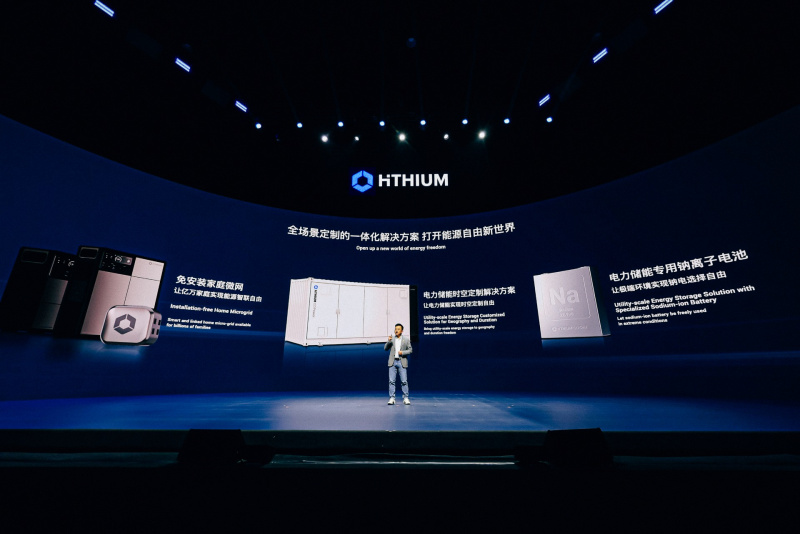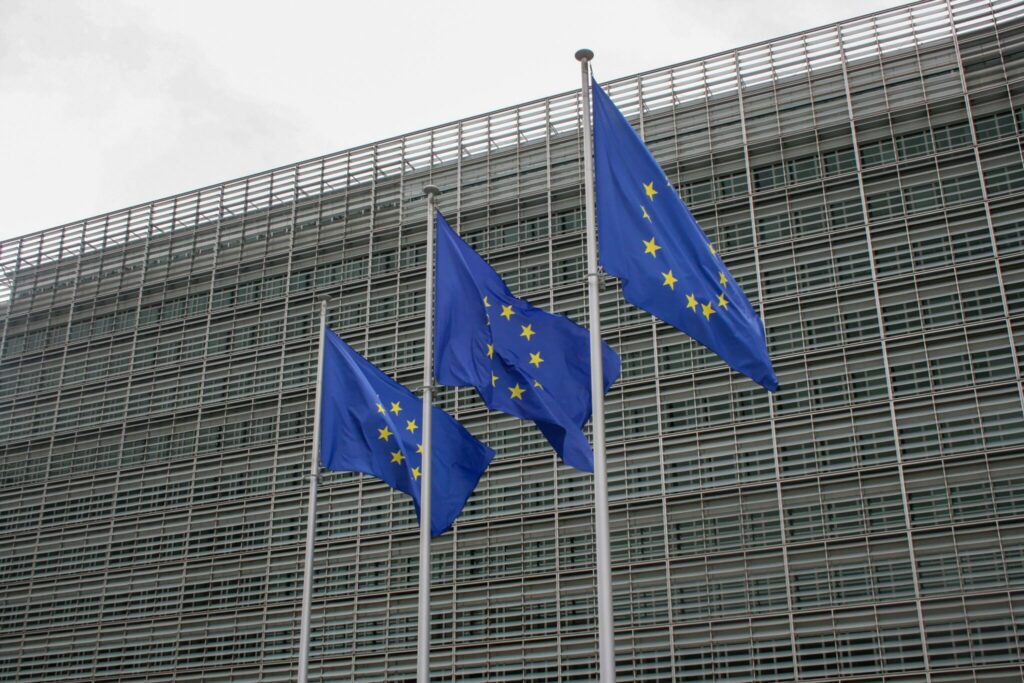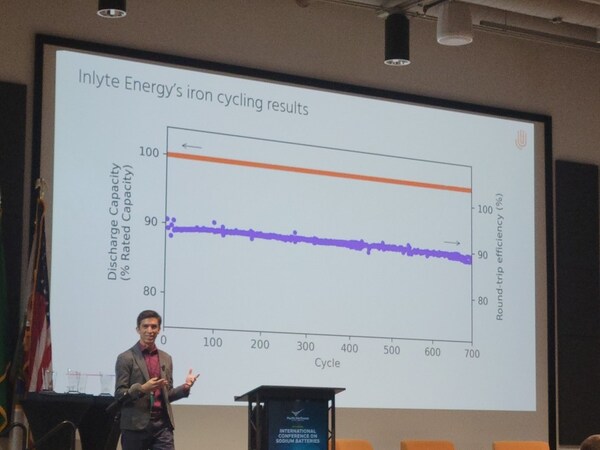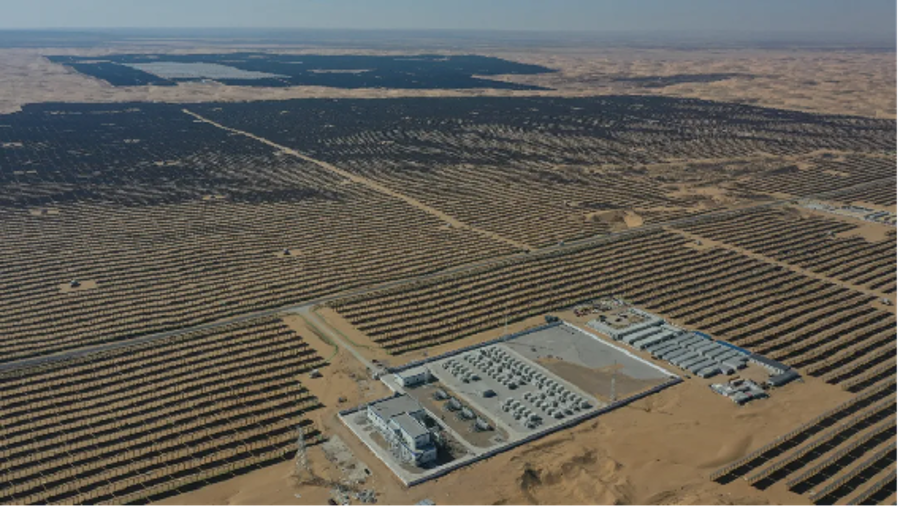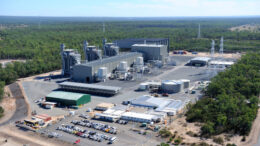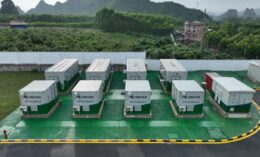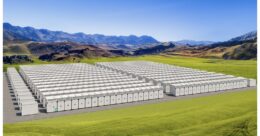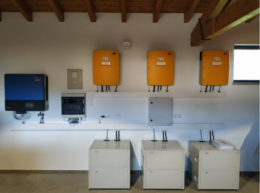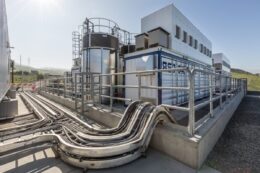U.S. battery energy storage tariffs tripled
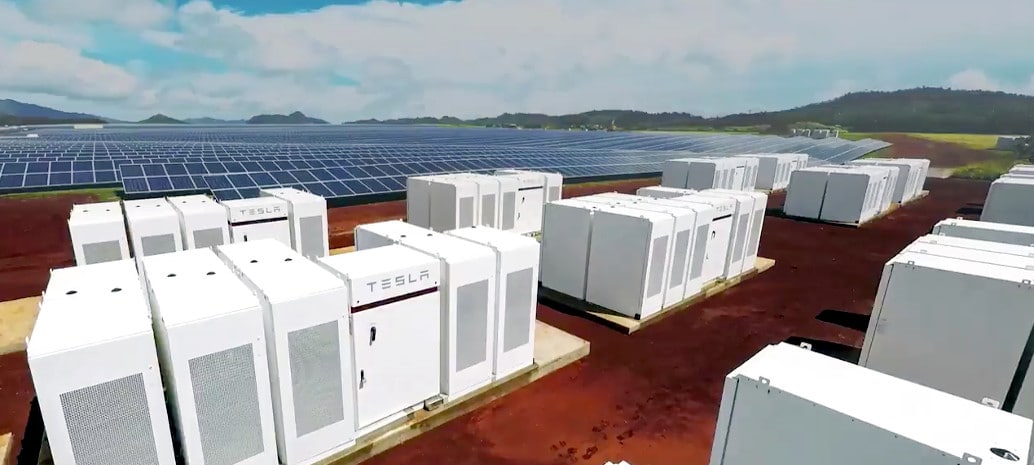
The United States federal government recently made a rapid series of international trade policy changes and updates to incentives for clean energy projects and manufactured components.
Clean Energy Associates (CEA), a clean energy advisory company, issued a report with reactions to this recent series of policy changes, including expected market impacts on energy storage. Find a report on the market impacts for the solar supply chain here.
Tariffs tripled
On May 14, 2024, the Biden Administration announced changes to section 301 tariffs on Chinese products.
For energy storage, Chinese lithium-ion batteries for non-EV applications from 7.5% to 25%, more than tripling the tariff rate. This increase goes into effect in 2026.
There is also a general 3.4% tariff applied lithium-ion battery imports. Altogether, the full tariff paid by importers will increase from 10.9% to 28.4%.
Lithium-ion battery modules, packs, and container blocks are generally categorized under import code 8507.6020, and it said the tariff change will likely apply to imports under this code. CEA said further clarity is needed for the correct import code for lithium-ion cells.
CEA said it expects the tariff increase to raise total costs for U.S. integrators by about 11% to 16%.
“The delay to 2026 for the rate change on non-EV batteries gives the market time to adapt and for more non-China LFP facilities to come online to serve U.S. customers,” said CEA.
CEA said this includes LG’s LFP cell factory which is currently under construction in Arizona.
The report said the cost increases due to the new tariff rates may affect some projects with marginal economics, but overall CEA expects demand contraction due to the 301 tariff change to be “limited.”
Domestic content
On May 16, 2024 the U.S. Treasury Department updated its guidance for accessing the 10% domestic content tax credit adder made available through the Inflation Reduction Act (IRA). This relates to both the Section 48/48E Investment Tax Credit (ITC) and the Section 45/45Y Production Tax Credit (PTC).
IRS requires that structural construction components like steel and rebar foundation posts for solar projects are 100% U.S. manufactured. The rest of the materials, listed as “manufactured products,” must include domestic content for 40% of the cost, increasing to 55% over time.
The new guidance provides simplified calculations for assuming cost inputs to achieve the required threshold of domestic content to achieve the bonus. Find more information on how to calculate domestic content bonus eligibility here.
“Many project owners who CEA has spoken with have had difficulty getting direct cost information from their suppliers,” said the report from CEA. “Because this new method allows project owners to access the Domestic Content Bonus without this information, it makes the bonus easier to access.”
Read the related story: “Market impacts from the recent flurry of solar policy actions“
From pv magazine USA



